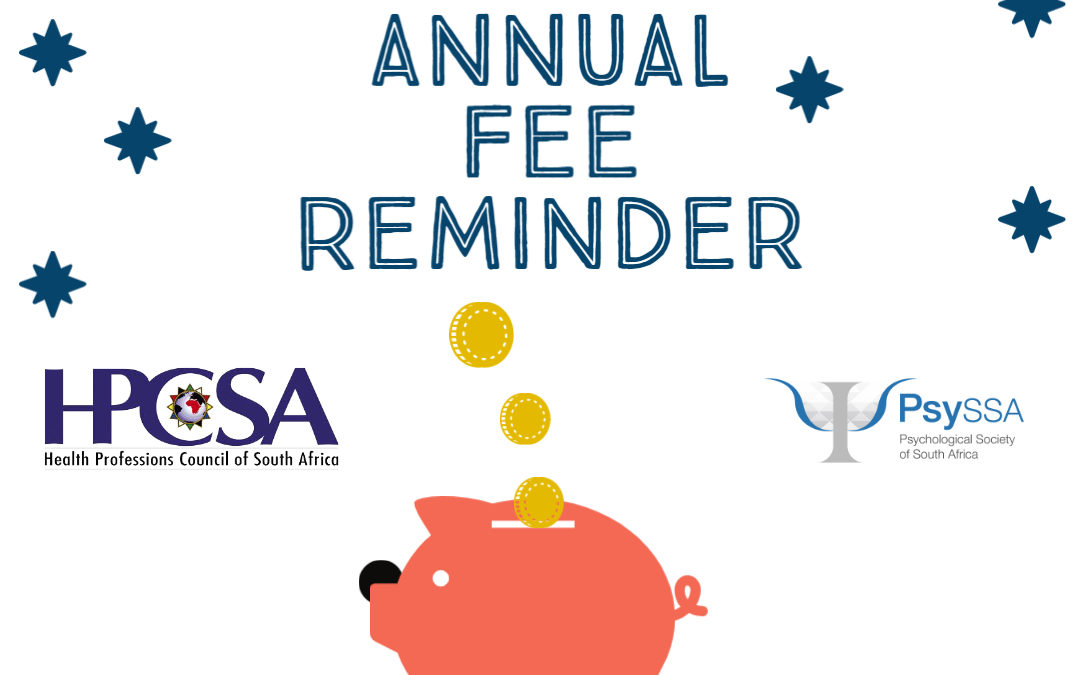


Webinar: Decolonial Feminist Ethics of Care
Webinar Abstract
This webinar, hosted by the Institute for Social and Health Sciences, University of South Africa and the Decolonising Psychology Division of the Psychology Society of South Africa, is based on a panel discussion with scholars located nationally and globally on the relevance of decolonial feminism in pushing back against the colonial academy. It will highlight the ways in which a decolonial feminist ethics of care has become crucial for liberatory scholarship. Moreover, it will feature the ways in which voice, agency and liberation constitute the ubuntu-centric practices of decolonial feminist scholarship. The webinar focus is aligned with the programmatic work of restorative justice against settler-colonialism. To this extent, we have invited colleagues from institutions based in the Global North and Global South to discuss how the objectives of a decolonial feminist ethics of care can reimagine decolonising scholarship. The panellists work in different disciplines with similar objectives of decolonising the curriculum.

Ethics Alive Symposium – 23 March 2023

Ethics & Human Rights in a Democratic Era -Earn 5 Ethics CEU Points in 3 Interactive Psychology Webinars with Prof Saths Cooper!
About this Series:
Although the Universal Declaration of Human Rights is a global covenant that is over 72 years old, human rights in South Africa (SA) was only institutionalised with the advent of democracy 27 years ago. On 29 October 1998, Archbishop Desmond Tutu handed the Report of the TRC, which he chaired, to President Nelson Mandela. The TRC held that abundant evidence exists that the due care of patients in SA, particularly of the most vulnerable, was found wanting. Subsequent events have demonstrated that our health and human resources sectors, which psychology forms a critical part of, have been sliding into profound crisis, exacerbated by prevailing socioeconomic and political factors.
This series of three webinars will trace human rights from antiquity, indicate the relevance in underpinning the nascent culture of human rights and its inextricable nexus with our ethical codes across all categories and areas of psychological involvement. In so doing, the case will be made for us – as scarce and priority interveners in a fractured society – to be constantly vigilant in our assessment, diagnosis and treatment recommendations, especially of the worst off amongst us, as a necessary adjunct to appropriate and independent professional judgment and conduct. Thus will we restore hope that there is an indispensable discipline which can provide a moral compass in murky and choppy seas.

HPCSA Annual Fee Reminder 2020
Dear PsySSA Members
This serves as a HPCSA Annual Fee Reminder. Notice is hereby given that the Annual Fees are payable by persons registered in terms of the Health Professions Act, 1974 (Act No. 56 of 1974) before 1 April each year.
Section 19(1)(d) states that the Professional Board or a Committee to whom the function has been delegated may direct the Registrar to, or the Registrar acting on the established policies of the Professional Board may, remove from the register the name of any person who has failed to pay to the Professional Board, within three months as from the date on which it became due for payment. The HPCSA had granted extension on the payment until 30 September 2020 which was due by the end of March 2020.
Fees are as follows according to the Government Gazette published on 17/02/2020:
- PS Psychologist R2360-00
- PMT Psychometrist R1210-00
- PSIN Intern Psychologist R810-00
- PRC Registered Counsellor R1210-00
Individuals may make payment online or via EFT.
For access to the online portal Click here


